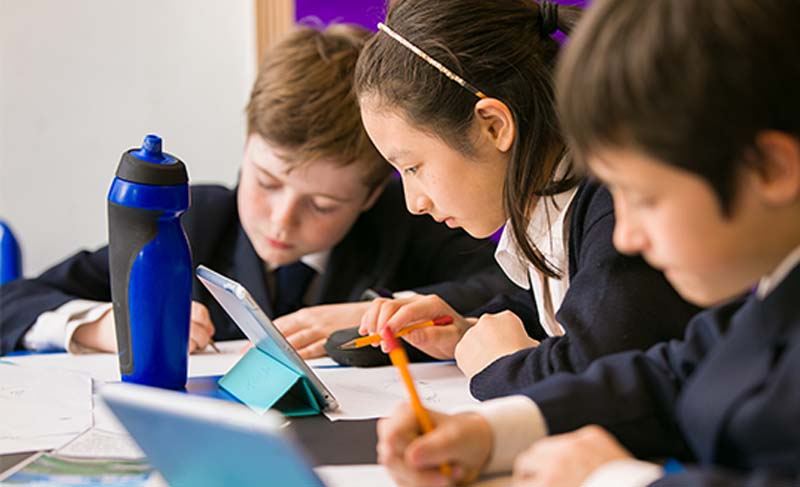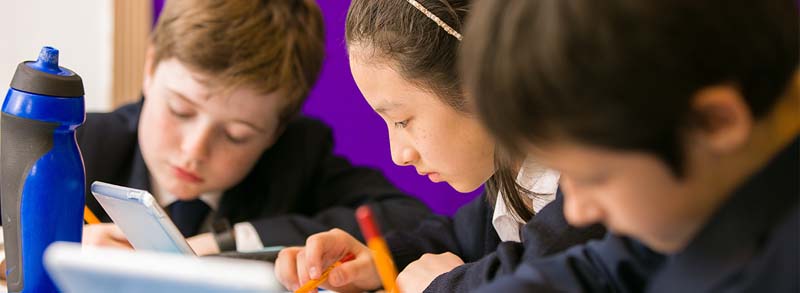We use cookies to improve your online experiences. To learn more and choose your cookies options, please refer to our cookie policy.

Failure as a catalyst for learning Many successful people say that failure is a part of the journey to progress. However, failing is not often something that schools preach. Matt Gregory, a Year 4 teacher in Chicago, shares with us how teaching students how to overcome failure is one of the most important lessons he teaches.

Many successful people say that failure is a part of the journey to progress. However, failing is not often something that schools preach. Matt Gregory, a Year 4 teacher in Chicago, shares with us how teaching students how to overcome failure is one of the most important lessons he teaches.
Some people are afraid of heights, while others are terrified by spiders, but perhaps the most common fear that humans have is the fear of failure. It’s that one thing that has the ability to immobilize us emotionally, make our stomachs feel queasy and induce panic all at once. As part of our learning in school, children fail and make mistakes and slip-ups all the time. So how should we deal with failure in school?
We should embrace it.
There are many reasons why one might choose to see failures and mistakes in a positive light, but the simplest is this: mistakes happen and they happen a lot and the classroom is not immune from this. Children are going to make errors all the time during their school day, but we explain to them that these mistakes are the evidence that they are learning.
When something doesn’t go to plan, whether it be coding with Lego in the robotics lab or juggling with different pieces of information to solve a math problem, our students understand that they need to adapt and alter their thinking and try something else.
During our first IPC topic of the school year, Brainwave, the children at our campus find out about the physical and chemical changes that take place in the brain when they learn. More importantly, they learn how failure plays such a key part of making new pathways and connections in the brain.
By allowing children to see the messy experience in failure, we help them to understand that they can make mistakes and get stuck but that they are resilient and resourceful enough to re-group and try again.
And again.
And another dozen times if necessary. This is the process that helps them to be creative, innovative, emotionally robust and all of the other tools that will serve them well after that tricky math problem or science fair project is a distant memory.